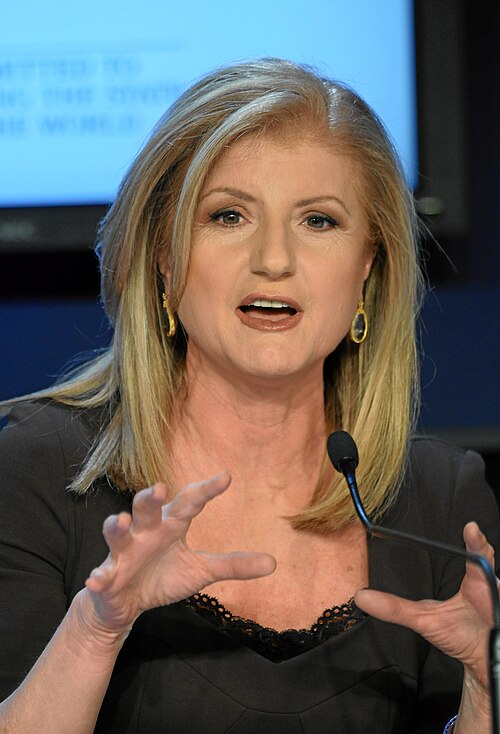 Revealing your internal world on the job is usually a product of your own efforts. Your environment can play a part in your opening up, too, and some organizations are better at this than others.
Revealing your internal world on the job is usually a product of your own efforts. Your environment can play a part in your opening up, too, and some organizations are better at this than others.
Enter Apple Inc.’s (AAPL) contribution to the “It Gets Better” Project, started by Dan Savage to help prevent the suicide of teenagers and young adults who feel threatened because of their sexual identity.
Employees of Apple have created a truly heartfelt video, one that dares to depict the pain–and tears–of coming out to oneself and to others. In doing so, they’ve produced a powerful recruiting tool, as elements of Apple’s culture are fully on display.
What company values are inherent in the 6-minute segment?
- Community service. Apple dedicated financial, personnel, and technological resources to offer their take on a societal problem.
- Verbal ability. Everybody is so well-spoken, to be a member of the organization is to have top-notch oral communication skills.
- Integration of multiple identities. Within the lesbian, gay, bi and transgender population at Apple, we see diversity in visible attributes such as race, age, gender and ability. It sounds like every individual’s voice is heard, too.
In this manner, the executive leadership encourages employees to “bring it.” Bring your invisible identities, bring your life stories, bring the intensity of your feelings–so profound!–and bring the corresponding tears, too. The prompt to bring all of your strengths and vulnerabilities must bring about a certain freedom in employees. Now when was the last time you felt free at work?
Indeed the open culture pays off. Apple maintains legions of consumers who breathlessly await the launch of the next uber-cool product, the iPad2 has been an instant best-seller, and the stock currently hovers around $330 a share.
UPDATE 5/2/11: Even though in 2010 Apple took over Microsoft as the world’s most valuable technology company, in the first quarter of 2011 it surpassed Microsoft in net income, too. Not surprising from a company that encourages employees to leverage their full humanity on the job.
What do you think of the video?
Photo via allaboutapple.com

 Contrary to his teddy bear looks, pioneering scientist
Contrary to his teddy bear looks, pioneering scientist 
 Today is
Today is  We traveled to Armenia in the summer of 2003 and worked in Ayroum, a small northern village, and helped construct a solar fruit dryer to assist the local economy. In the course of our work we came out, and not without incident. We were interviewed at the time in an Armenian-American ‘zine, and have reprinted the interview below.
We traveled to Armenia in the summer of 2003 and worked in Ayroum, a small northern village, and helped construct a solar fruit dryer to assist the local economy. In the course of our work we came out, and not without incident. We were interviewed at the time in an Armenian-American ‘zine, and have reprinted the interview below.